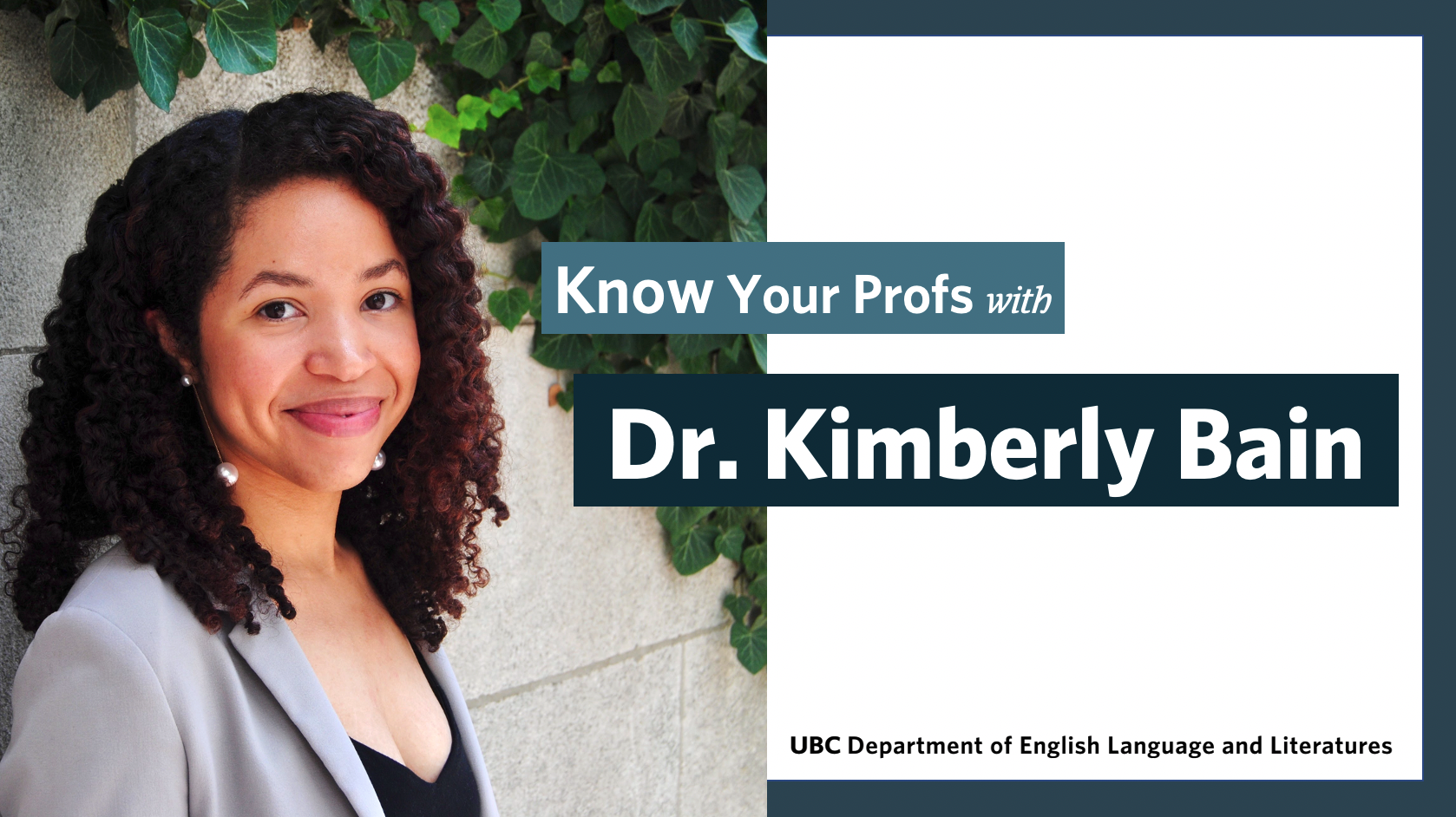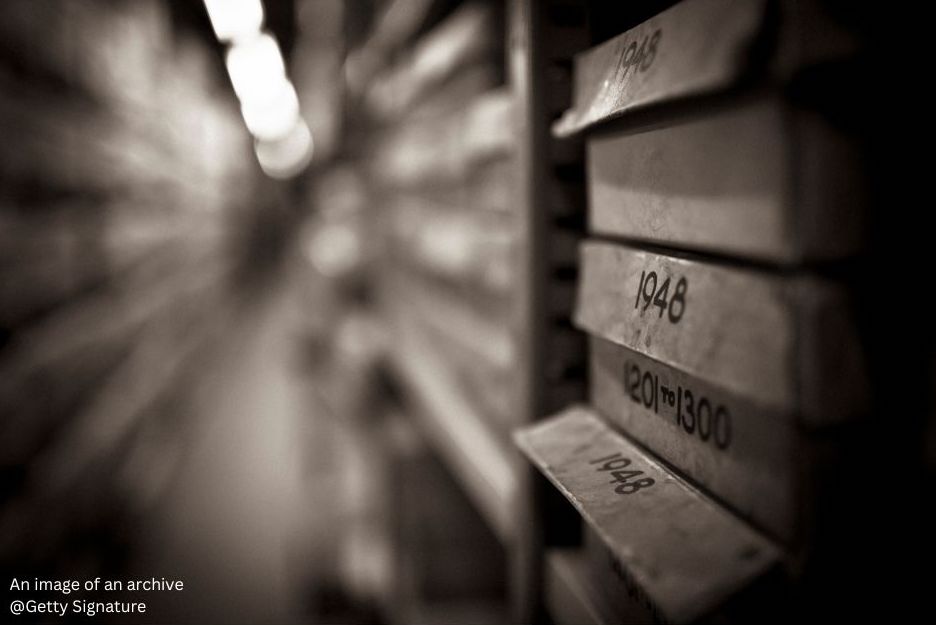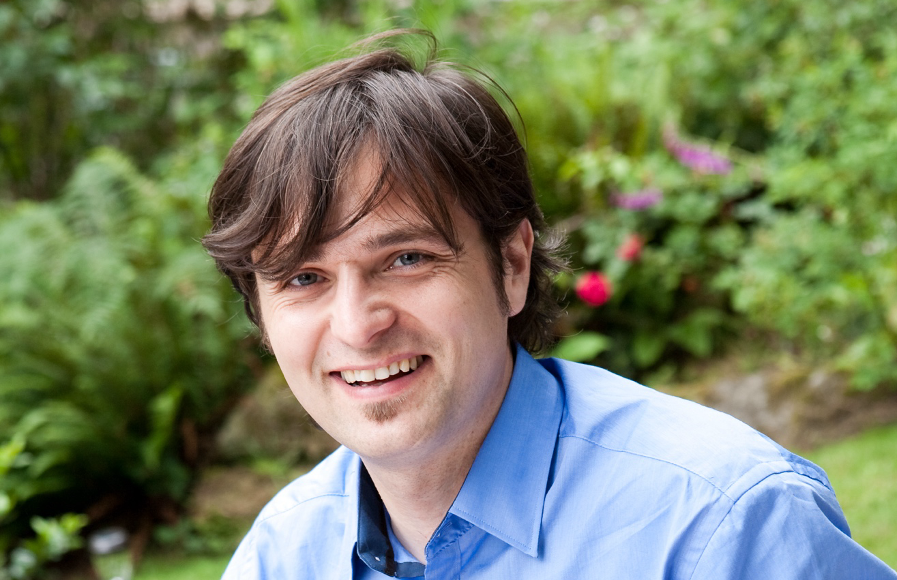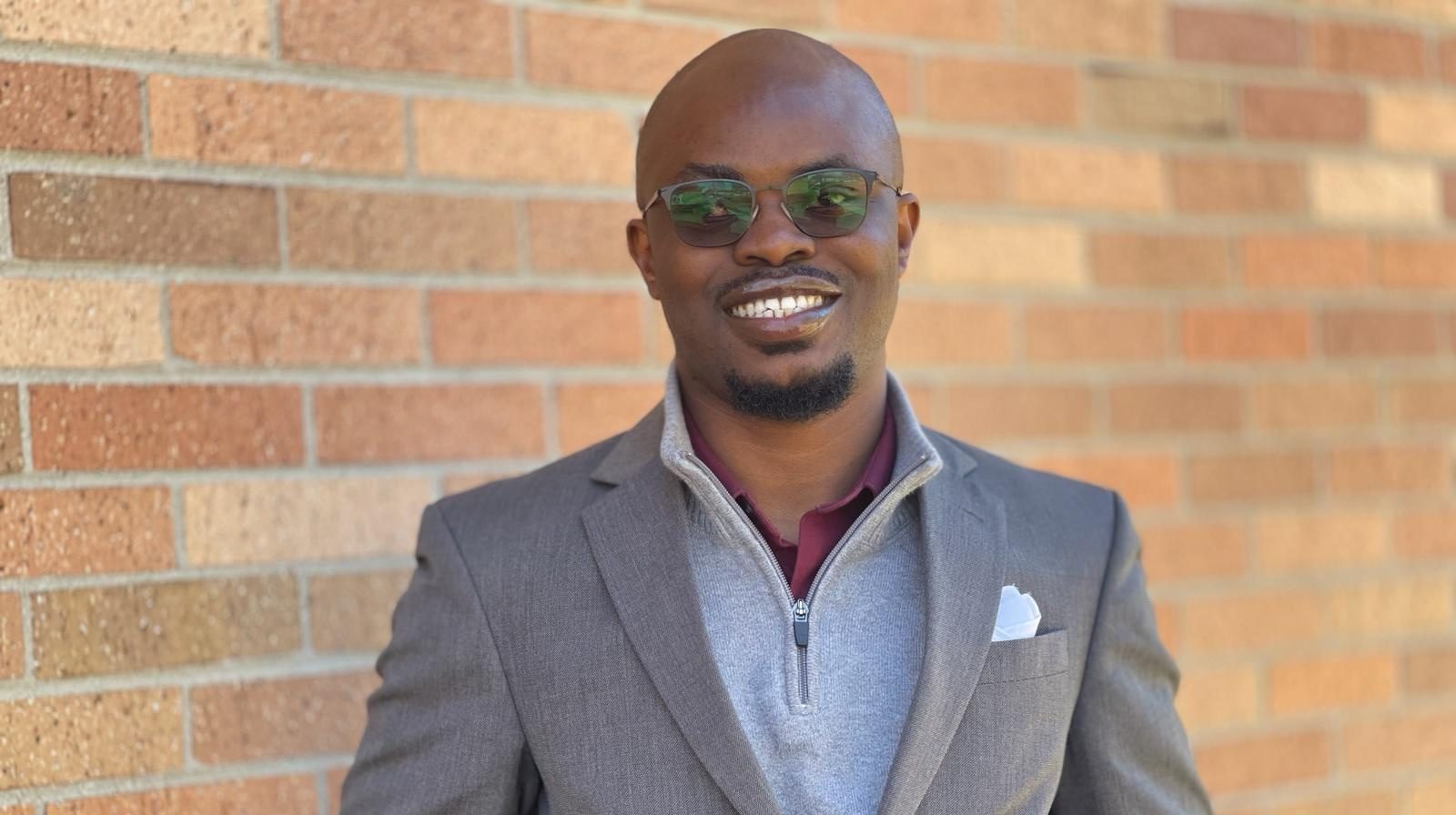

You see them every week in class, exchange emails with them about essay extensions, and go to their office hours when you realize you have a midterm next week. But who are your English Language and Literature professors, really? What can you expect from taking their classes, and what does teaching mean to them?
The Know Your Profs series is meant to help you get to know your professors in their own words. This series is for you if you’re thinking of taking a course taught by a professor you don’t know very well, if you’re an Honours student or graduate student looking for a thesis supervisor, or if you simply want to know more about your favourite professors in the Department of English Language and Literatures.
Dr. Kimberly Bain is an innovative instructor who connects with students in refreshing, meaningful, and nuanced ways. Read on to find out more about her approach to teaching, how TikTok plays a role in her classrooms, and the words that occupy her mind.
What is your area of specialization?
Black studies.
What does it mean to you to study literature?
As a scholar who identifies herself primarily as a Black studies scholar, the study of language and literature — or differently stated, rhetoric and cultural productions — is so very crucial to any study of Blackness, whether historical or in the contemporary moment. This is because narrative — sociopolitical, cultural, etc. — informs the world we construct around us. The metaphoric is very much the material. When I turn to literature or any other form of cultural production, it is not to find some sort of hidden meaning, but rather to articulate and trace the logics of power and how it functions.
Which course(s) do you teach?
I will be teaching ENGL 386 Theory, Critique, Intervention and Dissent: Racial Capitalism in the Flesh in Term II. The course focuses on the theories, histories, and philosophies of racial capitalism from its origins to the contemporary moment. In particular, we will trace the connections between capitalism, race, indentured labor, and coerced labor across time. We will also study metaphor, materiality, and geography, with particular focus on spaces like the Caribbean and the Americas.
Although this is a theory-focused course, we will take an expansive understanding of what counts as “theory.” While students can expect to read critical work by Cedric Robinson, Saidiya Hartman, Jodi Melamed, Lisa Lowe, and others, students can also look forward to reading novels and poetry, watching films, listening to podcasts and music, engaging with visual artwork, and playing video games as part of the course.
What can students expect from your classes?
I change up the kind of assignments I offer students in my classes. In addition to papers, students can expect unusual assignments like making TikTok videos, producing podcast episodes, making choose-your-own-adventure games, visiting archives, and so forth.
Expect, above all, to take risks. My courses aren’t interested in the “right” answer, and therefore class discussions and projects are meant to and should push you to think deeper, wider, and with far less certainty than you did when you entered.
What advice would you give your first-year and graduating undergrad self?
To my first-year self: Everyone says it, but it’s true: you should absolutely take a wide variety of classes, try new extracurriculars, and meet new people! It’s okay to feel out of place and feel overwhelmed, especially when, as first-generation and low-income college student, you don’t know what college will be like. But don’t let that make you retreat into your comfort zone.
And for graduating me: Continue learning and expanding your horizons—you don’t even know half the things you don’t know. Hold that close and keep on reading (especially reading).
What do you look forward to about teaching at UBC?
I’m really looking forward to meeting students and being in conversation with everyone. I’m especially excited to debut my new course on racial capitalism and work through with students something that structures all of our everyday lives.
If you weren’t a professor, what would you do with your life?
I’d open a pre-K/ kindergarten teaching kids to be radical agents of social change in a massive community-focused building. On the bottom floor, I’d have a bookstore/cafe. On the second and the third, the school. And on the rooftop, a community garden.
What keeps you up at night?
Recently? A quote from Octavia Butler: “I’m a 48-year-old writer who can remember being a 10-year-old writer and who expects someday to be an 80-year-old writer. I’m a pessimist if I’m not careful, a feminist, a Black…an oil-and-water combination of ambition, laziness, insecurity, certainty, and drive.”


